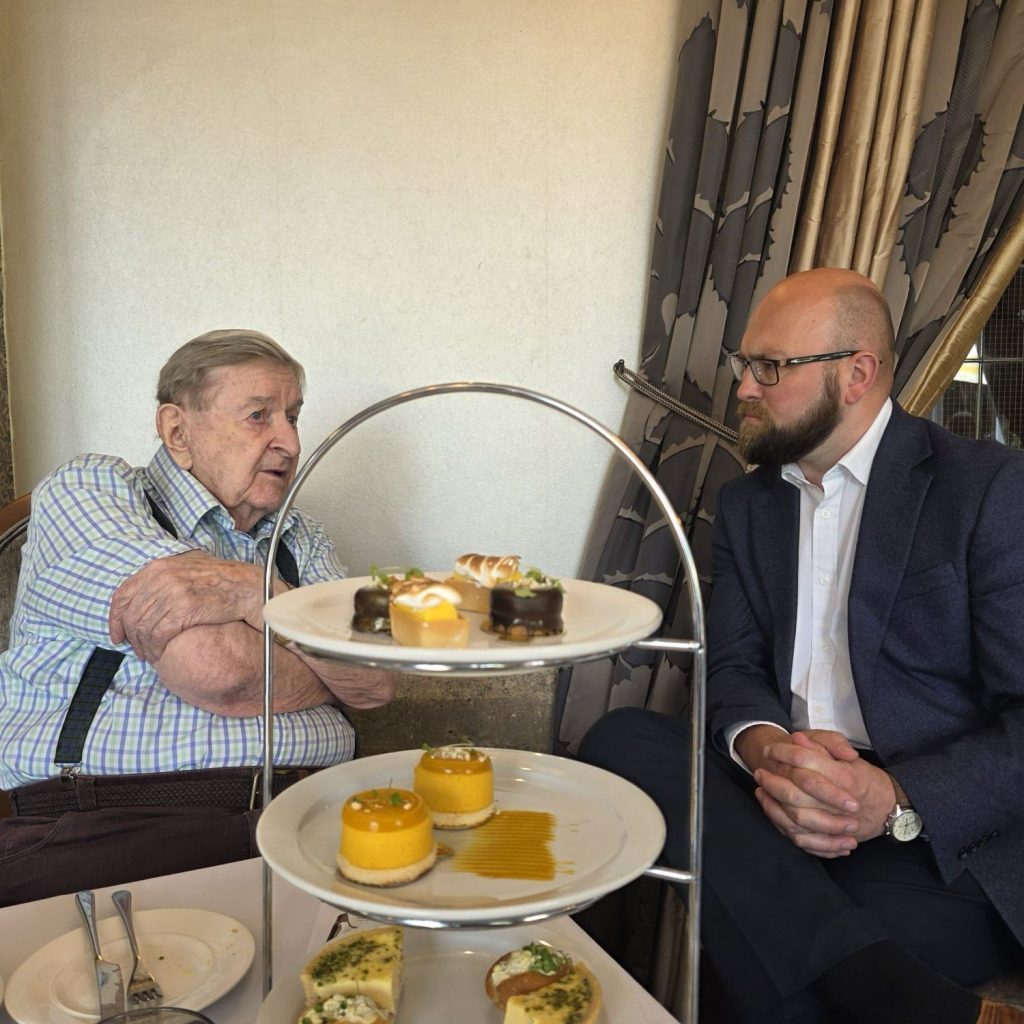The Gift of Wandering
Reflections on Army BRAT Life
When I discovered that Joanna Lumley and I share remarkably similar beginnings, I couldn’t help but smile at life’s extraordinary patterns. Here we are, two women who’ve carved successful careers across continents, both refusing to let age dim our appetite for adventure. Yet our foundations were laid decades ago in dusty military compounds, shaped by fathers in uniform and a childhood spent perpetually on the move.
Image: The young nomad (Christine), embodying the true spirit of a ‘British Regiment Attached Traveller’

Joanna Lumley was born in Kashmir, British India, to British parents. Her father was Major James Rutherford Lumley, who served as an officer in the British Indian Army’s 6th Queen Elizabeth’s Own Gurkha Rifles. During fierce fighting in Burma (Myanmar) in June 1944, her father’s life was saved by a Gurkha soldier during a battle.
How uncanny, I was also a BRAT, my father was also a Major in the army, and his life was also saved by muslim and sikh soldiers from his unit. Joanna spent most of her early childhood in the Far East where her father was posted, and I too spent my formative years as an army nomad.
The term ‘BRAT’ itself carries a fascinating history. The popular theory suggests it’s an acronym for ‘British Regiment Attached Traveller’, a status assigned to British military families able to travel abroad with soldiers, particularly to India during the Empire. Whether a genuine acronym or backronym (invented after the fact, rather than true origins), the term found perfect meaning when military families claimed it as their own, transforming ‘brat’ into our badge of honour, equal parts teasing and pride.
It perfectly captured the spirited resilience of children who’d learned to make friends quickly, adapt constantly, and find home wherever the army planted us next. Rather fitting, really, that we should be called travellers; it’s precisely what we were, and what we became.
What strikes me most about fellow army brats like Joanna and I is how our nomadic childhoods became our greatest asset rather than our biggest challenge. Those of you who’ve followed my corporate journey know how naturally I adapted to new markets, new teams, new challenges. This wasn’t learned in business school, it was absorbed in childhood quarters across the globe.
Whilst some might see constant moving as disruptive, we army brats learnt early that home isn’t a place, it’s an ability to adapt, connect, and thrive wherever life takes you. Every change brought new friends, new customs, new ways of seeing the world.
Those early years of packing up and moving around, saying goodbye to friends, and embracing new cultures created women comfortable on any stage, in any country, speaking to any audience. Does this sound familiar to those who’ve watched me present across four continents?
Our military upbringings gave us genuine cultural fluency. When I travelled across Russia or navigated business cultures from Asia to Europe, I wasn’t just visiting, I was inhabiting these spaces with the ease of someone who’d spent a childhood learning that difference was normal, not frightening.
Joanna didn’t just visit exotic locations for her travel documentaries, she embraced them with this same natural grace. At 79, she’s still embracing new adventures, just as I, at 85, refuse to let age define my possibilities. We army brats seem to have an extended warranty on curiosity and courage.
This adaptability served us both well in our careers. In the corporate world, I found that whilst others struggled with reorganisations, new systems, or international assignments, these changes felt like familiar territory. The skills we’d developed as children, reading situations quickly, building relationships across cultural divides, remaining calm during transitions, became invaluable professional assets.
What the world sees as Joanna Lumley’s effortless sophistication, we fellow nomads recognise as something else entirely: the quiet confidence of someone who learned early that every ending is also a beginning, every goodbye contains the promise of hello.
This perspective shaped how I approached my career and continue to approach life. When others see uncertainty, I see possibility. When others fear change, I feel energised by it. Perhaps that’s the true gift of my wandering childhood, not just adaptability, but an unshakeable belief that the next chapter will be worth the journey.
At 85, embracing new ventures feels perfectly natural. After all, we army brats learned decades ago that life’s most interesting chapters often begin just when others think the story should be ending.
Rather wonderful, really.



